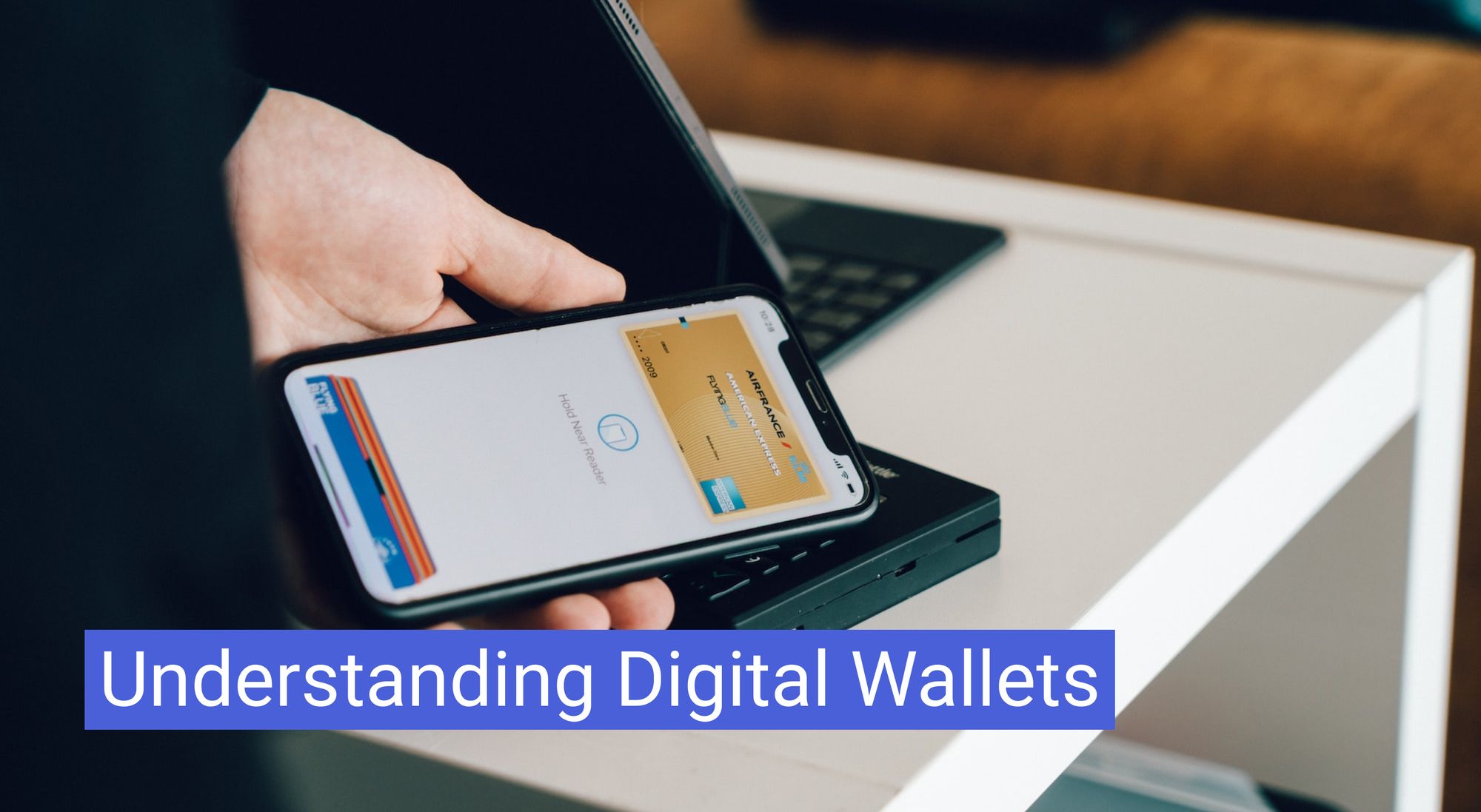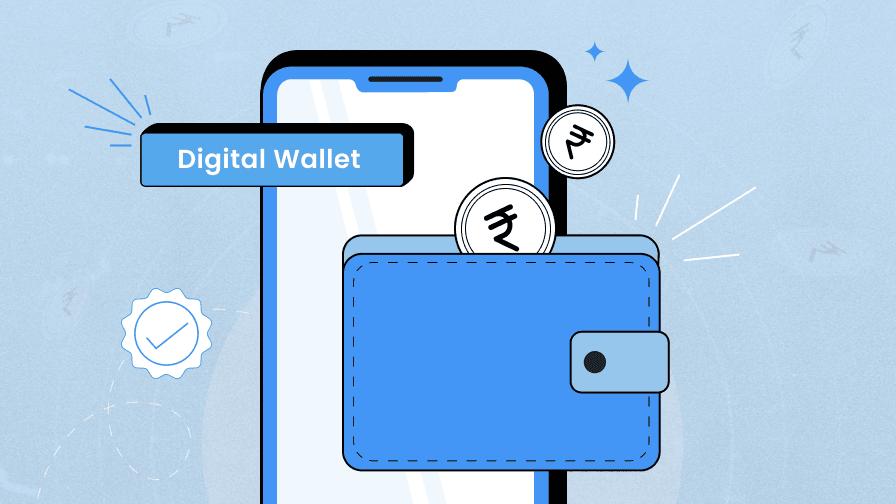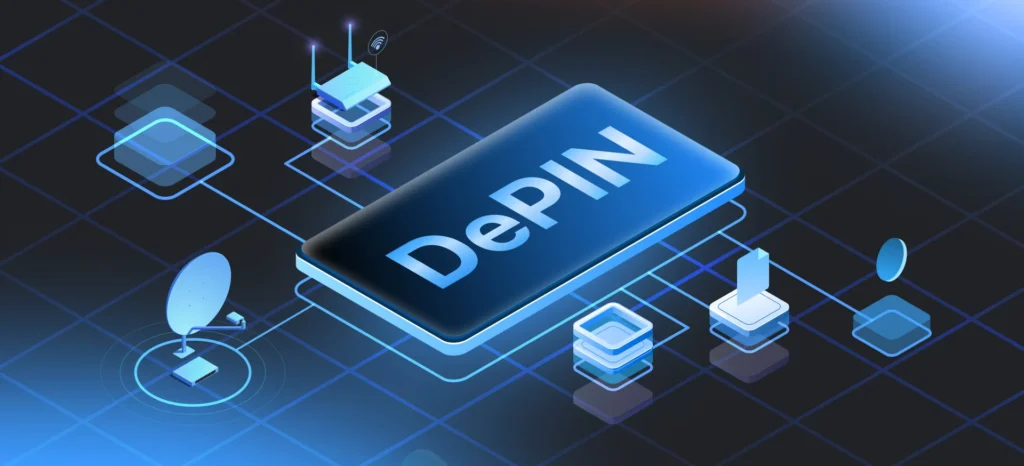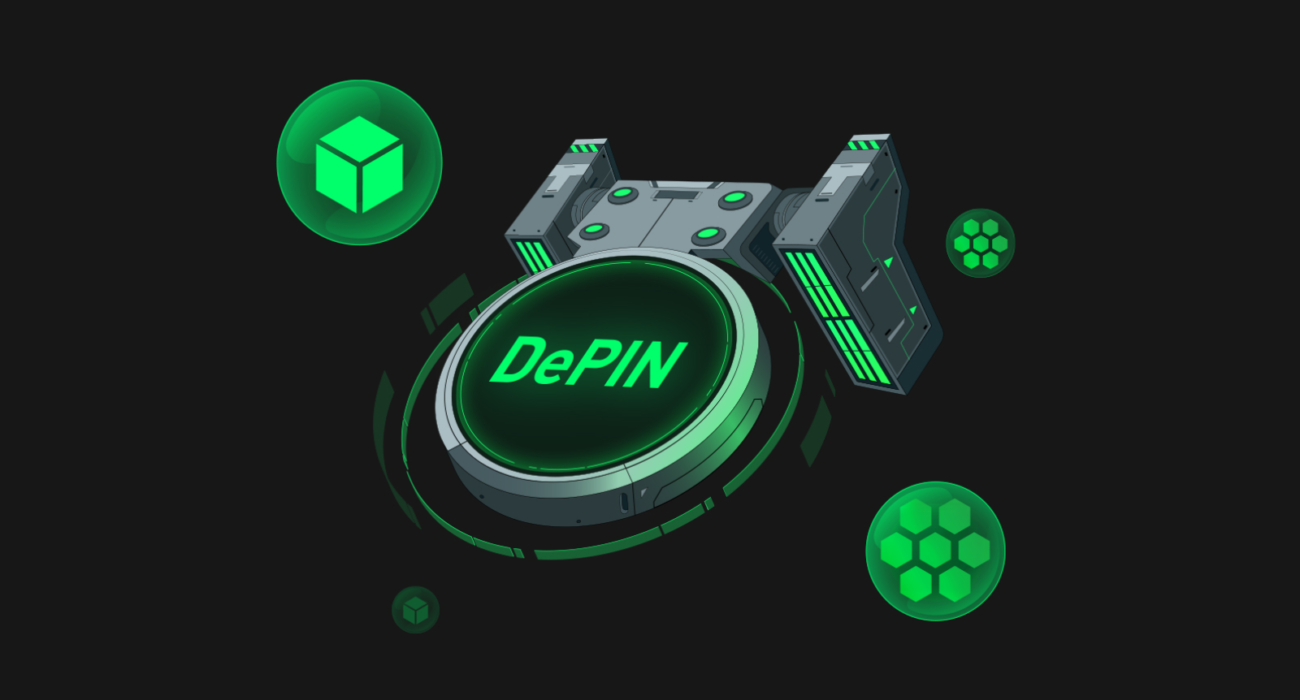Digital wallets have become an essential part of modern finance, allowing users to store, send, and receive digital assets effortlessly. With the rise of blockchain and cryptocurrency, digital wallets are no longer just a convenience but a necessity. However, security concerns, data privacy risks, and centralization issues remain major challenges in the digital wallet ecosystem. This is where DePIN’s role in digital wallets becomes crucial.
Decentralized Physical Infrastructure Networks (DePIN) offer a revolutionary approach to digital security and data privacy. By leveraging blockchain technology, DePIN removes reliance on centralized entities, enhancing security, reducing costs, and ensuring full user control over assets. In this article, we will explore how DePIN is transforming digital wallets, its key advantages, real-world applications, and the future of decentralized financial infrastructure.
Understanding Digital Wallets
Digital wallets are software-based tools that allow users to store various digital assets, including cryptocurrencies, payment information, and identification credentials. They come in different forms, such as hot wallets (online wallets) and cold wallets (offline storage). Popular examples include MetaMask, Trust Wallet, PayPal, and Apple Pay.
Key Functions of Digital Wallets:
- Secure Asset Storage: Digital wallets store cryptocurrencies and fiat assets securely.
- Transaction Facilitation: They enable seamless payments and transfers.
- User Authentication: Digital wallets use encryption and security protocols to verify user identities.
- Multi-Asset Support: Some wallets support various cryptocurrencies and digital assets.
Challenges in Traditional Digital Wallets:
- Centralized Control: Many digital wallets are controlled by third parties, increasing vulnerability to cyberattacks.
- Security Threats: Hacking incidents and data breaches are common in centralized systems.
- Privacy Issues: Users often have to share personal information, exposing them to data tracking and misuse.
What is DePIN?
DePIN, or Decentralized Physical Infrastructure Network, is a blockchain-powered infrastructure designed to decentralize data storage, security, and financial services. It eliminates reliance on centralized servers, making transactions more secure and private.
Key Benefits of DePIN:
- Decentralization: Eliminates third-party control over data and assets.
- Enhanced Security: Uses cryptographic protocols to secure transactions and protect user funds.
- Transparency: All transactions are recorded on an immutable blockchain ledger.
- User Control: Provides full control over private keys and funds.
How DePIN Enhances Digital Wallets
1. Improved Security
One of the biggest advantages of DePIN’s role in digital wallets is security enhancement. Unlike traditional wallets that store data on centralized servers, DePIN distributes data across a decentralized network. This eliminates single points of failure, reducing the risk of hacking and unauthorized access.
Blockchain-powered encryption further strengthens security, ensuring only the rightful owner can access the wallet. Users no longer have to rely on centralized authorities to secure their funds, reducing potential security breaches.
2. Privacy Protection
In centralized digital wallets, user data is often stored and monitored by service providers. This raises concerns about data privacy and surveillance. DePIN’s role in digital wallets ensures complete privacy protection by allowing users to transact anonymously without sharing sensitive personal information.
With DePIN, transactions occur through smart contracts and decentralized identity verification, ensuring user data remains private. This is especially crucial for individuals who prioritize financial anonymity.
3. Interoperability
Another major challenge in digital wallets is interoperability. Many wallets are restricted to specific cryptocurrencies or networks, making cross-chain transactions complex. DePIN’s role in digital wallets promotes interoperability by enabling seamless interaction between different blockchain networks.
With DePIN-powered wallets, users can store and transact various digital assets without compatibility issues. This improves accessibility and enhances the overall digital finance experience.
4. Lower Transaction Costs
Traditional digital wallets often involve high transaction fees due to intermediaries like banks and payment processors. DePIN removes intermediaries, reducing transaction costs significantly. Since transactions occur on decentralized networks, users benefit from lower fees and faster processing times.
This cost-effectiveness is particularly beneficial for global transactions, remittances, and peer-to-peer payments, where traditional financial institutions impose high charges.
5. Resilience and Reliability
Unlike centralized wallets that may experience downtime due to server failures or cyberattacks, DePIN-powered wallets operate on decentralized infrastructure. This ensures continuous uptime and prevents service interruptions.
Even in cases of network congestion, DePIN networks optimize transaction processing, ensuring users can access their funds whenever needed.
Investing in SRP Token through DePIN offers a unique opportunity to be part of a decentralized financial revolution. As DePIN-powered digital wallets grow in adoption, SRP Token stands at the forefront, enhancing security, privacy, and seamless transactions in the evolving blockchain ecosystem.
Real-World Use Cases of DePIN in Digital Wallets
Several blockchain-based digital wallets are already integrating DePIN technology to enhance security and functionality. Here are a few real-world applications:
- DePIN-Secured Crypto Wallets: Leading blockchain wallets use decentralized storage and cryptographic security to protect user assets. MetaMask and Trust Wallet leverage decentralized protocols for enhanced security.
- Smart Contract Wallets: DePIN-powered wallets use smart contracts to automate secure transactions without intermediaries.
- Decentralized Payment Solutions: DePIN is enabling businesses to accept crypto payments without relying on banks, reducing costs and increasing financial freedom.
- Identity Protection Wallets: Some digital wallets use DePIN technology to secure digital identities, preventing identity theft and fraud.
Challenges and Future of DePIN in Digital Wallets
Challenges
While DePIN is revolutionizing digital wallets, some challenges must be addressed:
- Adoption Hurdles: Many users and businesses are still unfamiliar with DePIN technology.
- Scalability Issues: Large-scale adoption requires optimized infrastructure to handle high transaction volumes.
- Regulatory Concerns: Governments and financial institutions may impose regulations that could affect DePIN’s implementation.
Future of DePIN in Digital Wallets
Despite these challenges, the future of DePIN’s role in digital wallets looks promising. With advancements in blockchain technology, DePIN will continue to enhance security, privacy, and efficiency in digital transactions.
Upcoming innovations, such as AI-driven security protocols and decentralized financial ecosystems, will further strengthen DePIN-powered digital wallets. As more users adopt decentralized solutions, digital wallets will become more secure, cost-effective, and resilient.
Conclusion
The integration of DePIN in digital wallets marks a significant step toward decentralizing financial transactions and enhancing security. DePIN’s role in digital wallets ensures that users have full control over their funds, enjoy better privacy, and benefit from lower transaction costs.
As blockchain technology continues to evolve, DePIN-powered digital wallets will become the standard for secure and private financial management. By embracing this decentralized infrastructure, users can safeguard their assets and transact with confidence in the digital age.

 China
China Russia
Russia India
India










1 Comment
Very informative. I appreciate the effort.